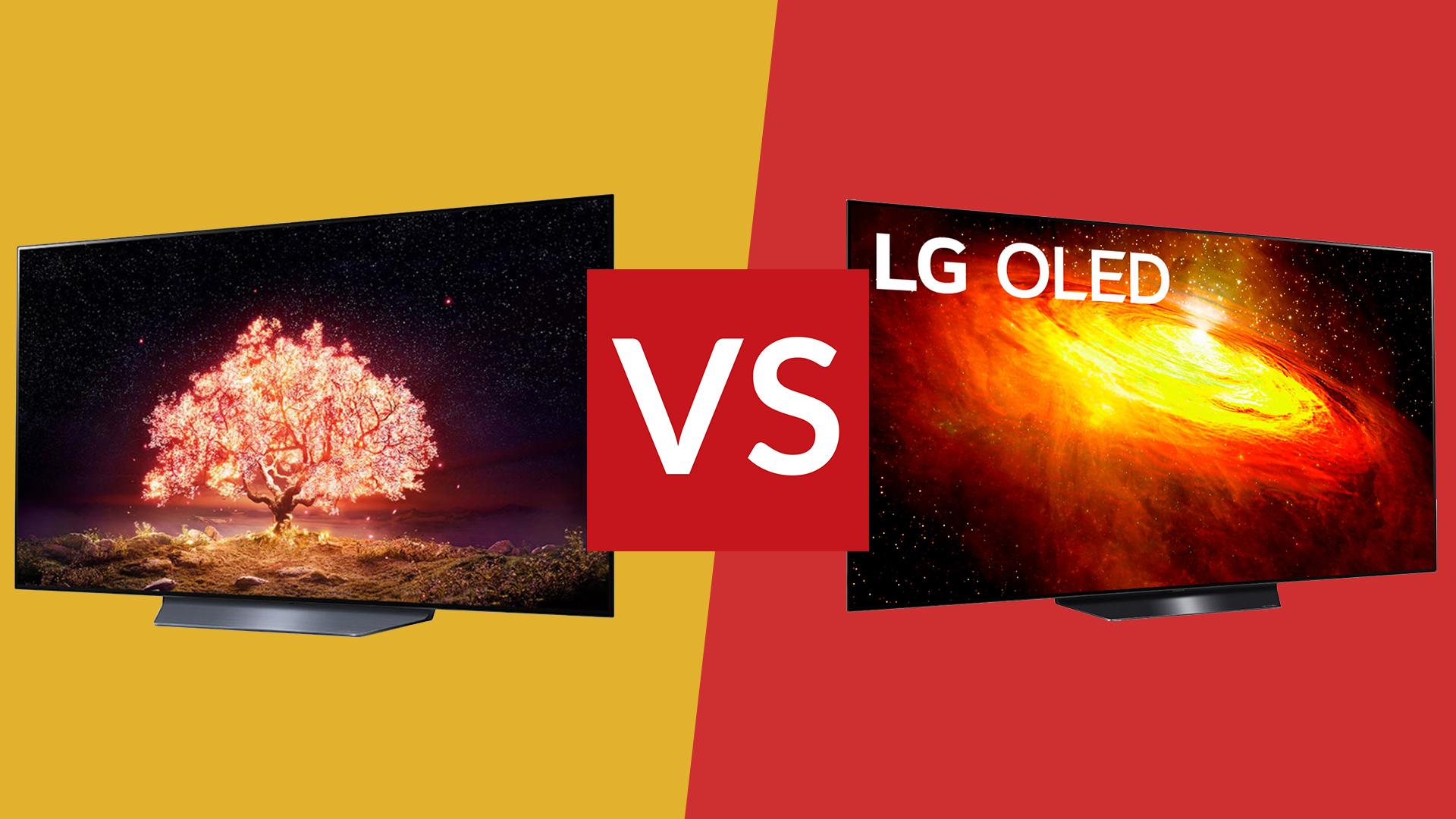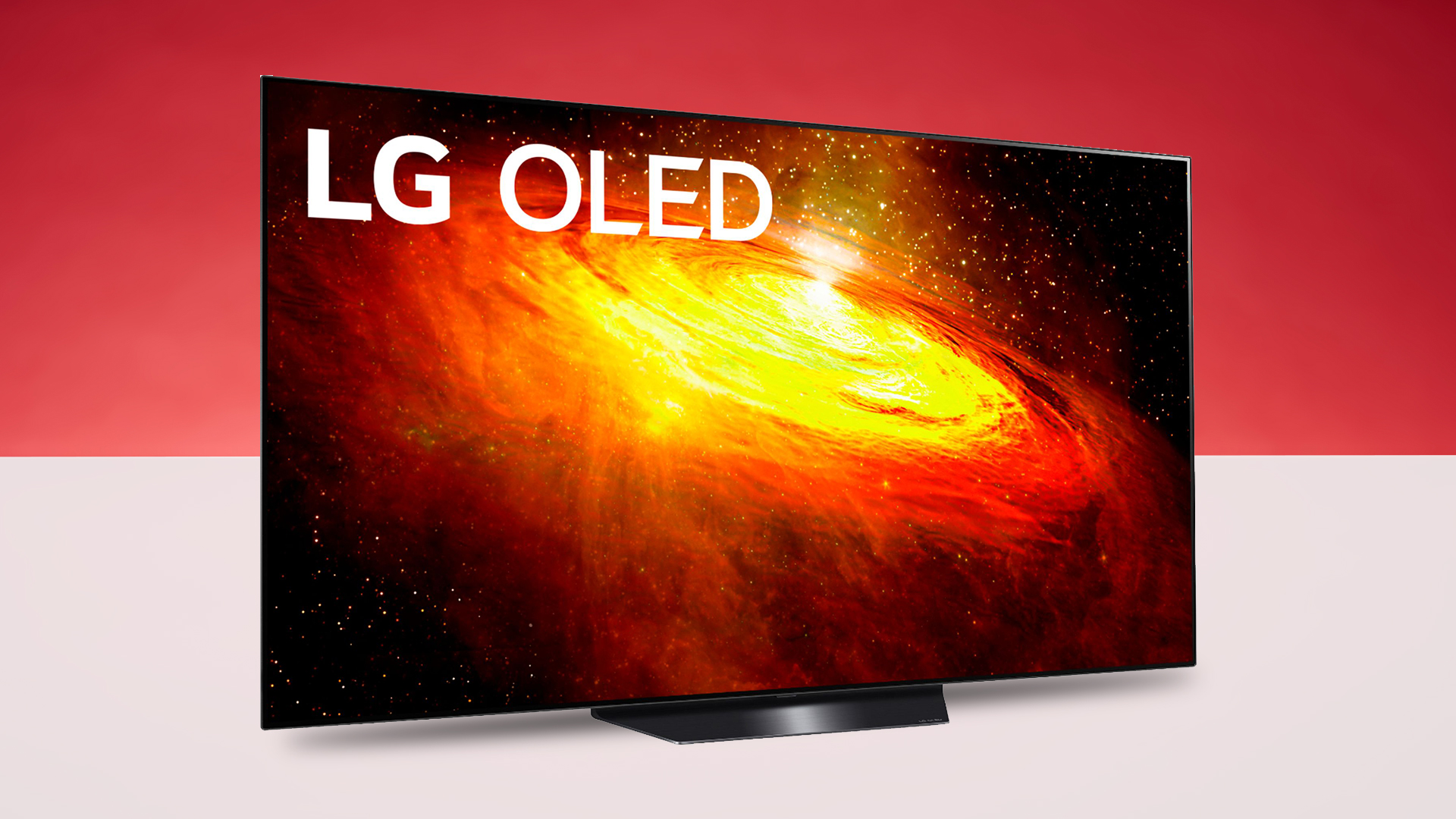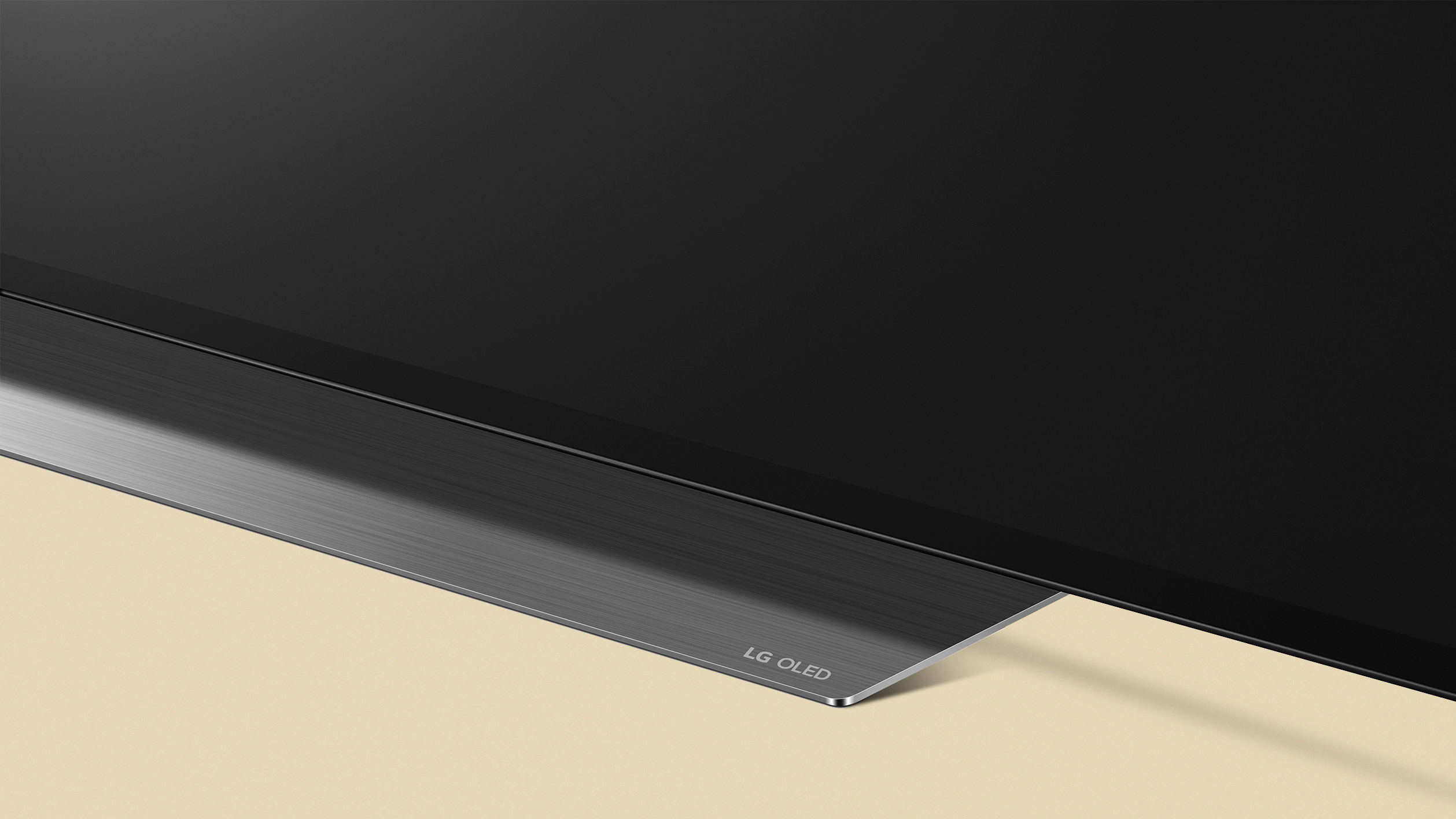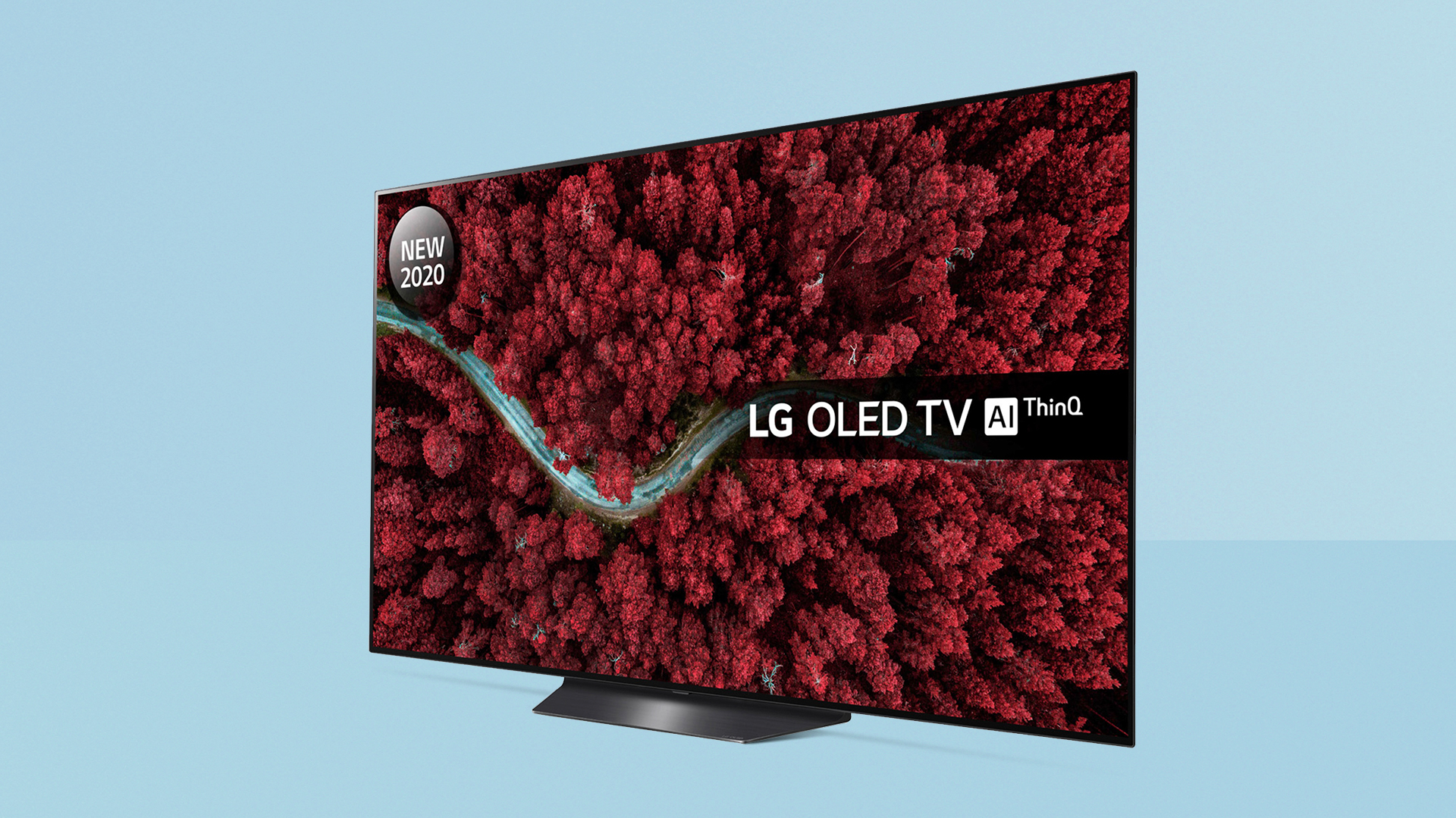

In the battle for cheap OLED TVs you've got to be looking at the now older models: the LG BX was the company’s entry-level OLED TV in 2020, while the B1 is the 2021 champ.
Despite the 2021 range including the all-new A1 model, the B1 will still be the lowest-priced OLED in the line-up to support all the latest HDMI 2.1 gaming features.
So if you've found a bargain and are wondering whether to buy, here we'll break down what we know about the differences so you can make a more informed decision.
And don't forget we have our full LG BX review, if you want to dig further into that model alone.
LG B1 vs LG BX: Price & features

The LG BX comes in 55- and 65-inch screen sizes and, as the entry-level model in 2020's line-up its opening asking price back then was at £989 for the OLED55BX, or £1,439 for the OLED65BX.
However, it's harder to find these days, so you may be able to find a better price on the B1 instead. Check out the live price widget below for comparison at 55- and 65-inch sizes.
LG B1 vs LG BX: Design & connections

The LG BX and B1 share extremely similar designs, with the same super-slim look and single-foot stand that LG has favoured recently. Because OLED panels are extremely thin, it makes for a very svelte set, except for where it widens to allow for containing the important electronics.
Sign up to the T3 newsletter for smarter living straight to your inbox
Get all the latest news, reviews, deals and buying guides on gorgeous tech, home and active products from the T3 experts
The B1 and BX offer the same in terms of connections, with two sideways HDMI 2.1 inputs, and a pair of rearwards HDMI 2.0 inputs. One of the HDMI 2.1 inputs supports eARC (enhanced audio return channel), and both can handle next-gen gaming features, including 4K 120Hz, Variable Refresh Rate, and ALLM, which automatically puts the TV into its low-lag gaming mode when it detects a connected console. These features make the BX one of the best gaming TVs for its price, and we've no doubt the B1 will follow.
As for other connections, both sets include three USB ports, terrestrial and satellite tuners, a digital optical output, a line output, a headphone socket, and an Ethernet port. They also support wireless connectivity including Bluetooth and dual-band Wi-Fi, with Apple AirPlay 2 on board.
LG B1 vs LG BX: Picture quality

The LG BX is an impressively specified OLED TV for the price, making the most its rich contrast with support for HDR10, HLG HDR, and Dolby Vision IQ, which uses dynamic metadata to deliver superior HDR combined with a sensor to optimise the experience depending on ambient light.
There’s no support for the competing HDR10+ format, but Dolby’s is more popular, and is used by Netflix, Disney+, and Apple TV+, plus great 4K Blu-ray support. There’s also the dedicated Filmmaker Mode to ensure films are seen as the creator’s intended.
The BX uses LG's α7 Gen3 AI-enhanced processor for fine-tuning images. The result is some excellent upscaling for lower resolution content, and motion enhancements that are particularly useful with fast-paced sporting action. It's a really solid processor, if not quite at flagship level. The set also offers sub-10ms lag for gaming, which combines with the other features for make it top-tier for console or PC gaming overall.
The newer LG B1 offers very similar features, but uses the new α7 Gen4 AI-enhanced processor, which is designed to deliver improved upscaling and greater colour accuracy. There’s also a new feature for gamers as well, with the Game Optimiser presenting all the gaming options in single convenient interface, making it easier to customise your gaming experience.
The difference in picture quality moving from one generation of processor to the next is therefore subtle, rather than transformative.
LG B1 vs LG BX: Sound quality
The LG BX uses a pair of downward-firing speakers and two woofers, each with 10W of power. This results in a decent sonic performance, with the added of bonus of Dolby Atmos decoding producing a greater immersion through psychoacoustics that create the impression of extra width and height. The AI processor also analyses the audio signals, allowing the TV to enhance regular soundtracks closer what Atmos soundtracks achieve.
Once again, the new LG B1 employs a near-identical audio system and set of sound features to the BX, but thanks to the improved α7 Gen4 processor the overall audio experience should be subtly enhanced, LG says.
While audio will be perfectly passable on both, adding one of the best soundbars to your setup remains our advice with the LG BX, and likely will be the same for LG B1.
LG B1 vs LG BX: Verdict
The LG BX remains a cracking 4K OLED TV that delivers exceptional picture and sound, combined with AI-enhanced processing, an impressive webOS smart system and plenty of useful features.
However, it's now hard to obtain, so if you can't find one at rock bottom pricing then take a look at the LG B1 instead, which is available for very fair prices across its range at present. It offers some exciting tempting new features, including the 4th generation α7 processor, Game Optimiser, updated webOS, and the return of Freeview Play.
Steve Withers is a professional calibrator and freelance journalist who regularly contributes to T3, reviewing audio and video products, and writing articles. Steve has been writing about audio and video products for over ten years and, along with T3, he also contributes to TechRadar, Trusted Reviews, Expert Reviews, AVForums, Pocket-lint, Home Cinema Choice, and Wired. Steve is Level 2 certified with THX, the Imaging Science Foundation (ISF) and the Home Acoustics Alliance (HAA). As such, he remains abreast of all AV technology developments and the latest industry standards as we transition into a new era in home video and audio.
-
 Three exercises to 'life-proof' your shoulders, according to a mobility expert
Three exercises to 'life-proof' your shoulders, according to a mobility expertHealthy shoulders mean better movement, more strength and less injury
By Bryony Firth-Bernard
-
 The 7 luxury travel items I won't leave home without – and why you shouldn't either
The 7 luxury travel items I won't leave home without – and why you shouldn't eitherI've flown for many hundreds of hours – and know these luxury travel items will improve your journey
By Mike Lowe